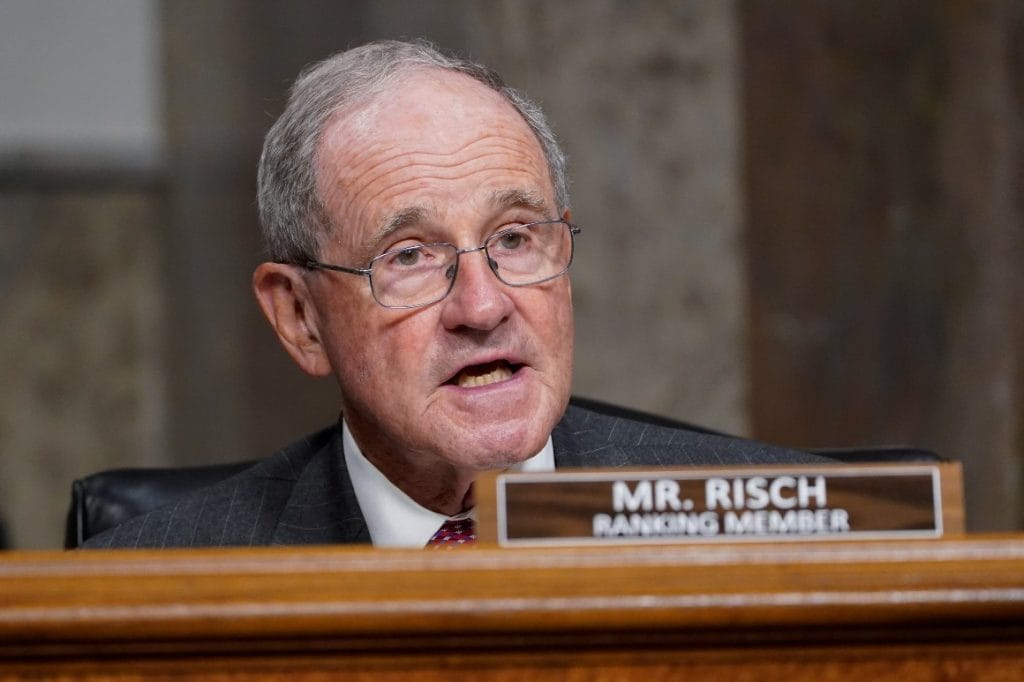Three leading Republican senators have unveiled a proposed bill to restrict U.S. funding for peacekeeping operations in Somalia, unless international partners—including the European Union, the United Nations (UN), and the African Union (AU)—increase their financial contributions to match the U.S. share.
The bill, titled the African Union Support and Stabilization Mission in Somalia (AUSSOM) Funding Restriction Act of 2025, is spearheaded by Senators Jim Risch (R-Idaho), the chairman of the Senate Committee on Foreign Relations, Ted Cruz (R-Texas), and Rick Scott (R-Florida). It seeks to ensure American tax dollars are not disproportionately used to fund anti-terrorism and peace operations in Somalia, where al-Qaeda-linked al-Shabaab and ISIS insurgents continue to pose serious security threats.
“This legislation is about accountability,” said Senator Risch. “For too long, America has borne the brunt of international security costs while others reap the benefits.”
The proposed measure mandates that the U.S. oppose any UN Security Council decisions authorizing funding mechanisms that place an undue burden on the U.S. It would also prohibit direct U.S. contributions to AUSSOM under new frameworks deemed financially imbalanced.
According to a report by Fox News Digital, European donors have recently pushed for a revised funding mechanism that would shift a greater share of the costs onto the U.S., raising concerns among Republican lawmakers.
The bill comes at a time when the U.S. military remains actively involved in Somalia. In recent weeks, U.S. Africa Command has conducted multiple airstrikes targeting al-Shabaab and ISIS militants. Despite these efforts, lawmakers argue that American funds are being stretched thin without sufficient support from global partners.
Senator Rick Scott emphasized the importance of transparency and fiscal responsibility, stating, “American taxpayers deserve to know their money is being used wisely, not to subsidize global organizations that don’t meet their own obligations.”
The bill reflects broader Republican efforts to reevaluate U.S. foreign assistance, particularly under frameworks that are seen to disadvantage American interests.
If passed, the legislation would compel international stakeholders to increase their financial commitment to Somalia’s stability—or risk losing critical U.S. backing for ongoing security operations in the region.



